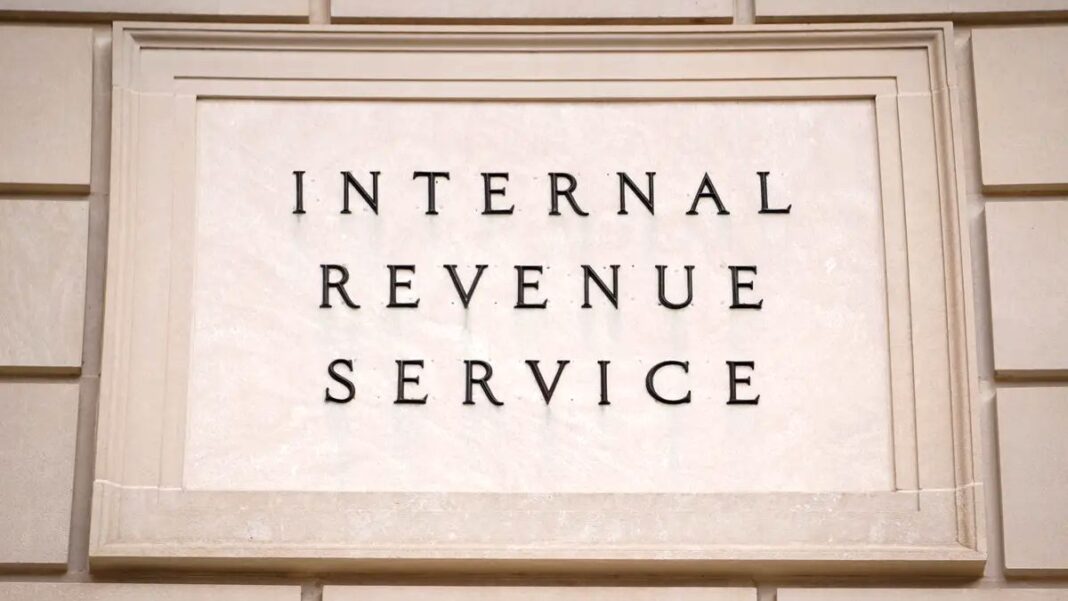The plan could help prevent a government shutdown ahead of the looming March 14 funding deadline.
House Speaker Mike Johnson said on March 2 that he prefers passing a clean government funding extension to prevent a government shutdown through September before working towards including cuts recommended by Elon Musk’s Department of Government Efficiency (DOGE) in fiscal year 2026 legislation.
Johnson’s plan may help reduce the chance of a government shutdown looming ahead of a March 14 funding deadline. Republicans previously sought to incorporate the DOGE cuts immediately in an appropriations bill, which likely would have been opposed by Democrats.
“We’re looking to pass a clean [continuing resolution] to freeze funding at current levels to make sure that the government can stay open while we begin to incorporate all these savings that we’re finding through the DOGE effort and these other sources of revenue,” Johnson during an interview with NBC’s “Meet the Press” on Sunday.
“And then for FY26, for the next fiscal year, you’re going to see a very different process and a lot more efficient and effective spending for the people.”
President Donald Trump said he approved of passing a clean government funding extension in a Feb. 27 post on Truth Social.
“We are working very hard with the House and Senate to pass a clean, temporary government funding Bill (‘CR’) to the end of September. Let’s get it done!” he wrote.
A continuing resolution (CR) would fund the government without increasing or decreasing appropriations for agencies and other government initiatives.
Johnson had previously told reporters that a CR was the “most reasonable thing to do to ensure that the government is not shut down.”
House Appropriations Committee Ranking Member Rosa DeLauro (D-Conn.) is currently leading negotiations for the Democrats, House Minority Leader Hakeem Jeffries (D-N.Y.) told reporters on Feb. 27.
He did not say if Democrats would support a CR.
The GOP is also looking to implement Trump’s agenda through a process called reconciliation. That allows for legislation related to spending, taxing, and the national debt to bypass the filibuster requirements.
However, to activate the reconciliation process, both the House and Senate must pass an identical budget resolution. So far, each chamber has worked on and passed its own resolutions. The Senate is now considering the House version for passage.
Jackson Richman contributed to this report.
By Jacob Burg






